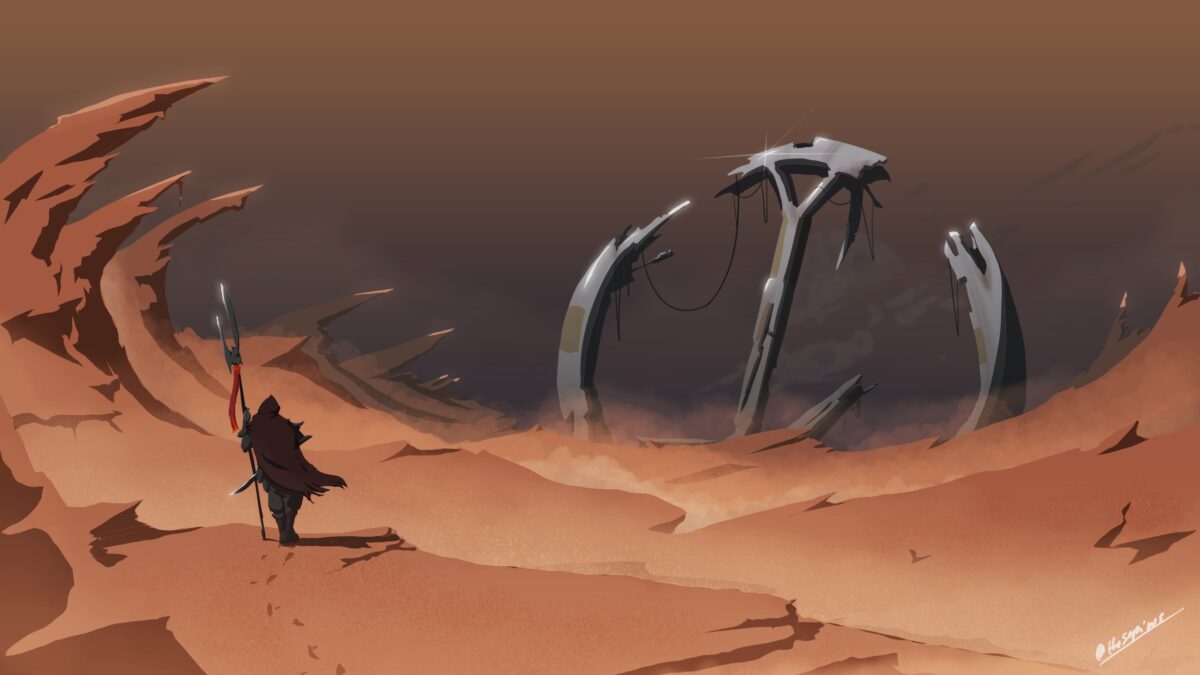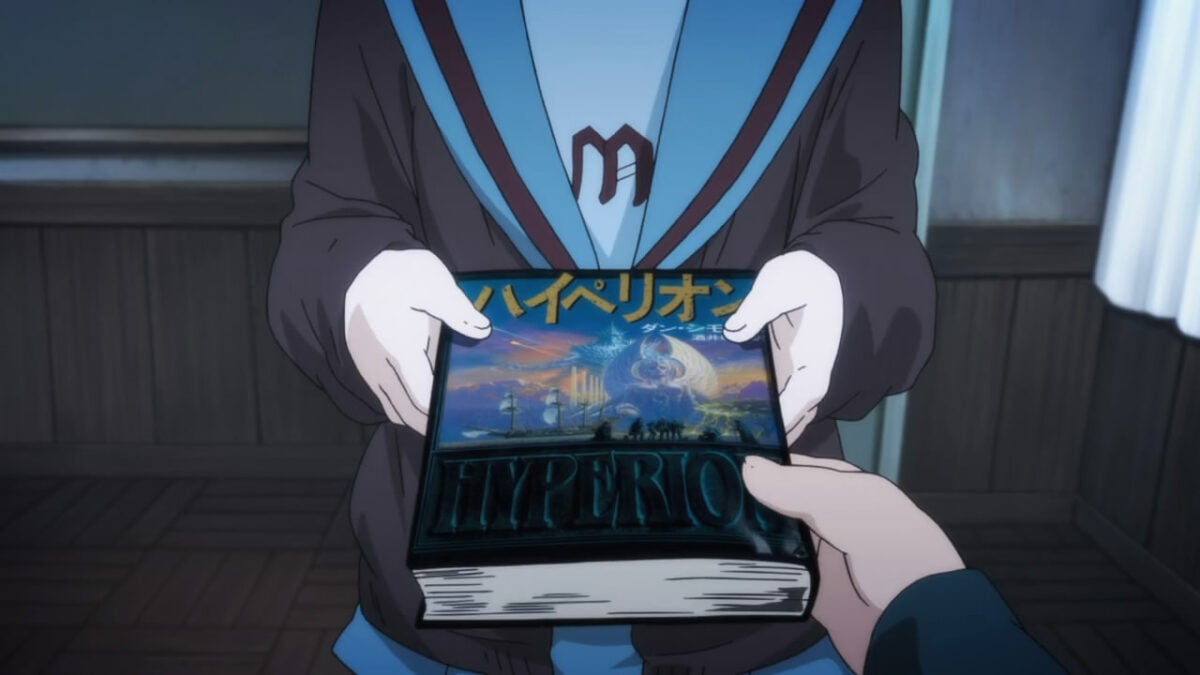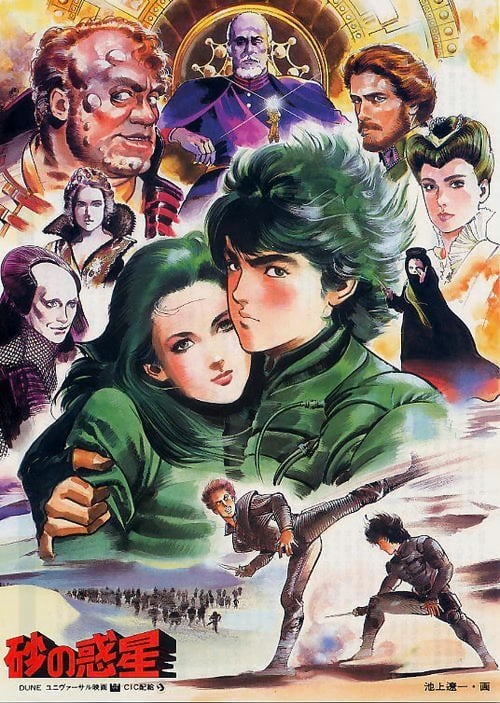Denis Villeneuve’s Dune Part II opened in Japan this week, and being an avid fan of the books, I went to see it on opening night. I was blown away by the film. Both the amazing visuals and the care the director took to tell the story, focusing on many small details in the book that I did not expect to see translated to the big screen. Let’s explore the popularity of Western science fiction in Japan in this post!
J-List has big news: we’re launching Megumi Express, a new proxy buying service from J-List. Now you can order anything from Japan, even if it’s not in stock on our site. Our Japanese staff will handle all the details, and get your order out to you fast. Read more about Megumi Express on the official site!
The Publication History of Dune in Japan
Japan has always had an interest in literature from the West, and if you wander through a Japanese bookstore, you’ll see a section filled with Japanese translations of influential kaigai S.F. (Western science fiction) books. Some of the titles available relate to famous movies, like Jurassic Park by Michael Crichton or The Martian by Andy Weir, while others are classics that Japanese fans have embraced themselves.
Dune has been available in Japanese translation as デューン砂の惑星 (Dune: Suna no Wakusei) since 1973, and a new modern translation was released in 2016 in anticipation of the Villeneuve films. The five Dune sequel novels have also been translated, and it’s fun to read through the Amazon reviews by Japanese fans and see how their love of the massive world of Dune is no different from fans who enjoyed the books in English.
How does a complex book series like Dune become popular in another country? It sometimes comes down to a single individual. Tetsu Yano was a Japanese soldier who became a fan of Western science fiction when he rescued some pulp novels the Japanese military was about to burn during WWII. After the war, he started corresponding with sci-fi writers and editors in the U.S. and became an important bridge between the two countries. His translations of the Dune books were a gateway many Japanese fans would pass through. He became a celebrated writer in his own right and wrote The Dagger of Kamui, which was one of the first manga ever translated into English.
Why did Star Trek fail to make a splash in Japan? Read my blog post here!
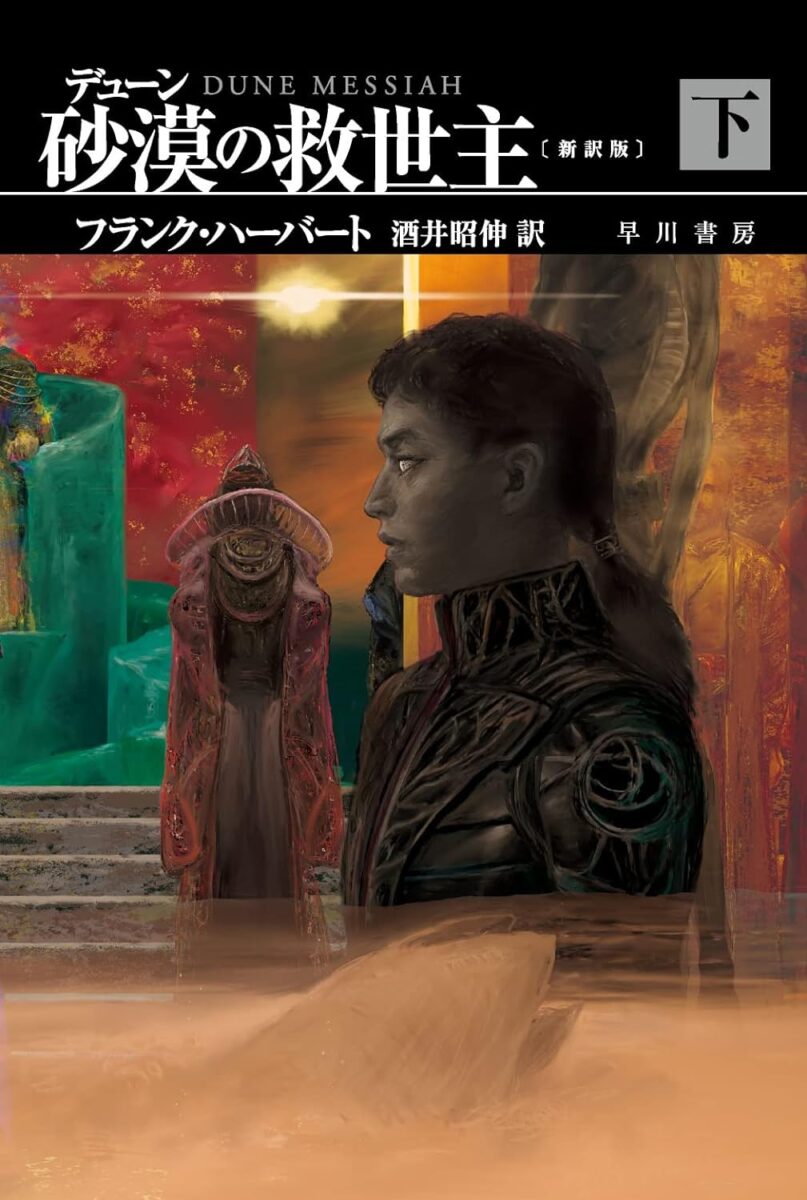
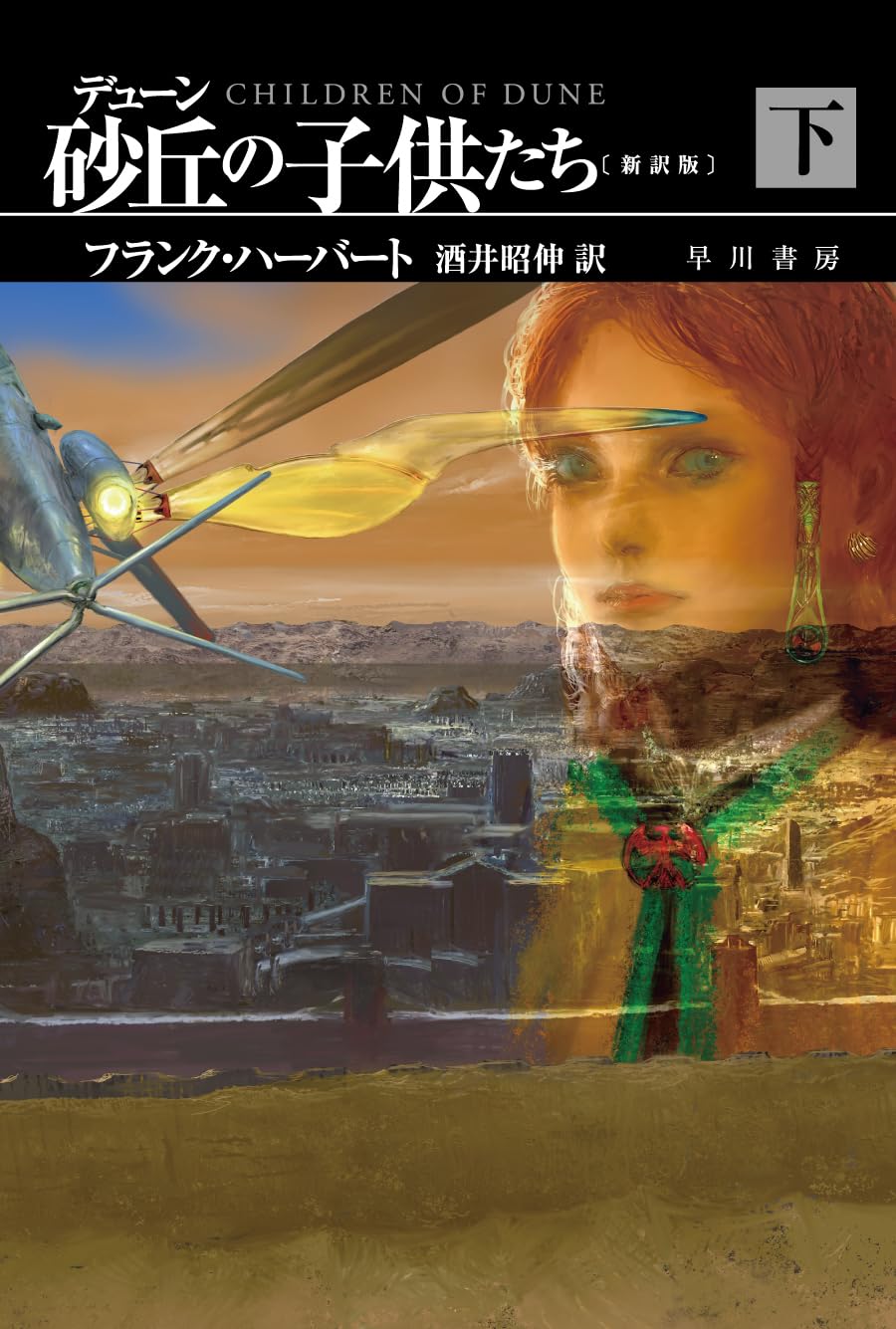
What Western Science Fiction Books Are Popular in Japan?
Let’s explore which Western science fiction books are popular with Japanese fans!
- Japan’s interest in Western literature began with children’s books, such as Heidi, Girl of the Alps and Anne of Green Gables. One book made popular through anime was A Dog of Flanders, which is oddly not well-known in Belgium, where the story is set, because it was originally published in English, not Dutch.
- The works of Phillip K. Dick, Arthur C. Clarke, Isaac Asimov, and Ray Bradbury are all available in Japanese translation. Fahrenheit 451 seems to have an especially big following here.
- The outstanding Hyperion books by Dan Simmons seem to have a big following in Japan — so much so that the first book makes an appearance in The Melancholy of Haruhi Suzumiya. Some of the story elements, including “Future Mikuru,” are inspired by the events of the books.
More Western Science Fiction Popular in Japan
- Some writers, like H.P. Lovecraft, are extremely popular in Japan, generally due to the timing of when their works happened to get translated. You can tell how popular the Cthulhu Mythos is in Japan by comparing how much longer the Japanese Wikipedia entry is to the English one.
- Some anime creators love to mine Western science fiction for deep ideas to put into their anime. Aim for the Top! Gunbuster is a good example of this, borrowing themes from Ender’s Game and David Brin’s Uplift novels. Hideaki Anno lifted the core story of the Human Instrumentality Project in Evangelion from the works of Cordwainer Smith.
- Flowers for Algernon by Daniel Keyes is very popular here. I’ve read it in Japanese, which starts out with simplified hiragana and mistaken kanji characters and becomes extremely challenging to read in the middle.
- The Lord of the Rings books have a strong following in Japan, and fans love to obsess over how best to express Tolkien’s original meaning in slightly archaic Japanese.
Thanks for reading this blog post exploring the popularity of Dune and Western science fiction in Japan. Got any questions or comments on the subject? What did you think of the new Dune film? Tell us in the comments below!
Let’s Chat
Thanks for reading to the end of this post! As a token of our appreciation, enjoy an extra 5% off your next order when you use the code BLOG at checkout. Also, don’t forget to follow J-List on all our platforms!
- Twitter/X, where Peter posts anime booba for you
- Bluesky, where we post several times a day
- Facebook, where we share memes and discuss anime
- Instagram, where you can look at sterilized anime memes because it’s Instagram
- Discord, if you want to chat with other J-List customers of culture
J-List has big news: we’re launching Megumi Express, a new proxy buying service from J-List. Now you can order anything from Japan, even if it’s not in stock on our site. Our Japanese staff will handle all the details and get your order out to you fast. Read more about Megumi Express on the official site!


